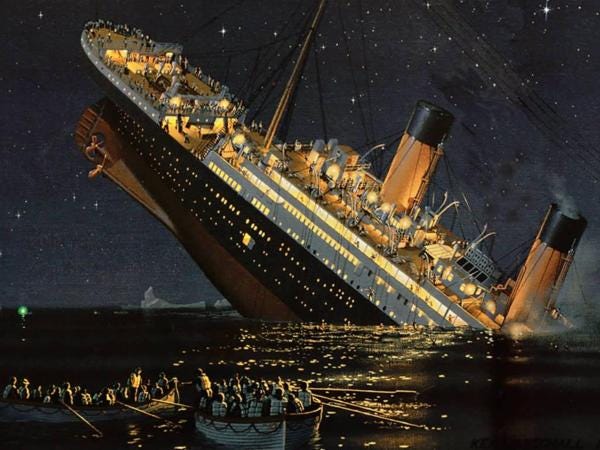The Titanic, a magnificent feat of industrial achievement, met its tragic fate when it sank to the depths of the ocean. This disaster was colossal, instilling fear in future generations and reminding humanity of the formidable power of nature. Yet, amidst this catastrophe, there were incredibly fortunate individuals who managed to evade the crisis. Why did these eight top-tier billionaires fail to board the ship before it departed? Let’s explore the truth together.
The Titanic, a marvel of its time, embarked on its maiden voyage on April 15, 1912, navigating the vast expanse of the North Atlantic with an aura of mystery and grandeur.
This enigmatic and colossal vessel, known as the Titanic, was hailed as the pinnacle of human achievement, touted as “unsinkable.” Upon its debut, it caused a sensation worldwide, attracting throngs of people eager to behold this mysterious and massive ship.
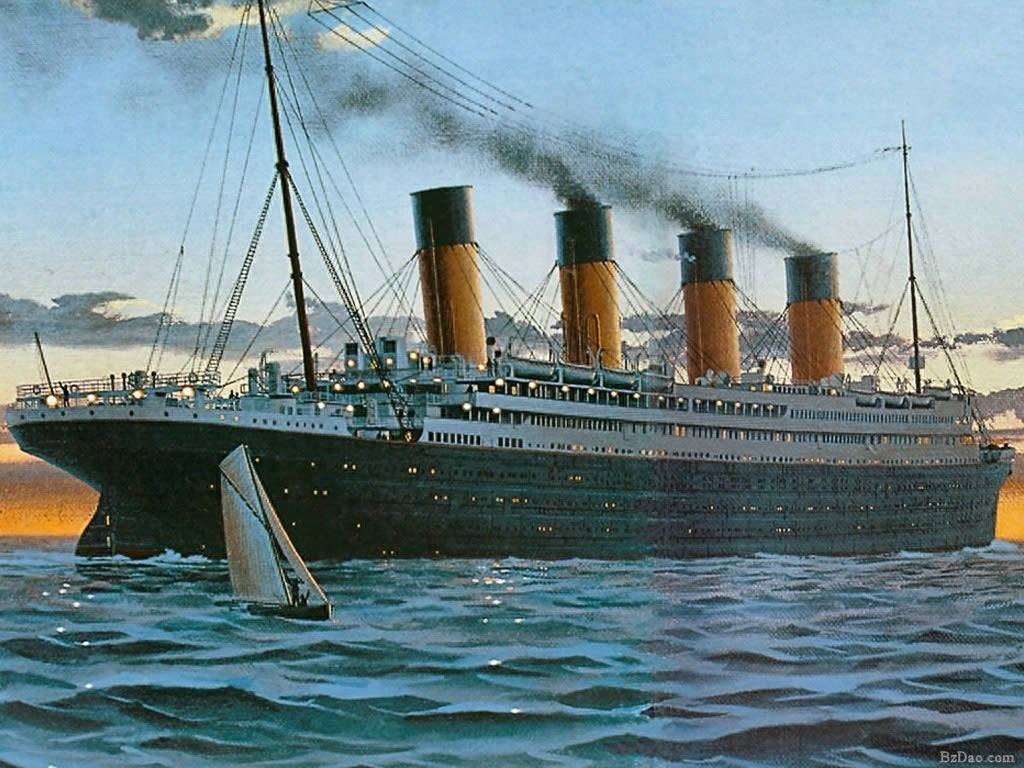
The Titanic was the most outstanding and cutting-edge product of human society at the time. Countless engineers, scientists, and craftsmen poured their hearts and souls into creating this greatest masterpiece of the last century. Regardless of their wealth or social status, people aspired to sail aboard this giant vessel to witness the beautiful and mysterious landscapes of distant lands.
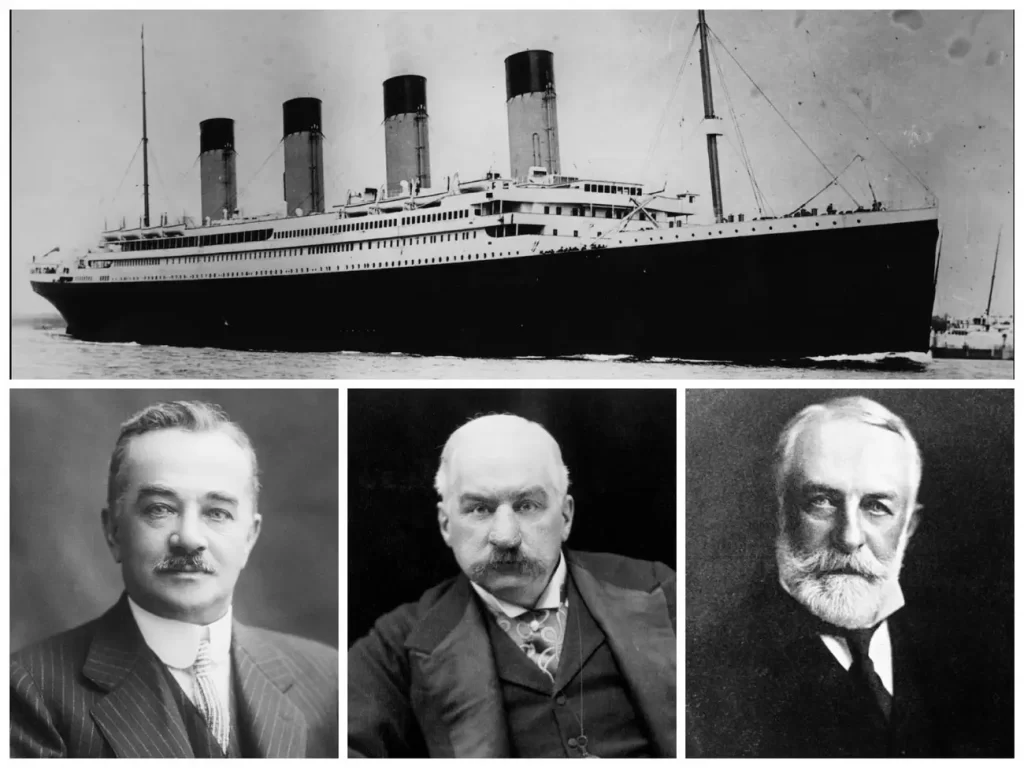
The manufacturers of the Titanic were the two largest shipbuilders in the world at the time, Harland and Wolff. After deciding to construct such a massive ship, they quickly gained renown worldwide. Everyone eagerly anticipated the launch of this industrial giant, and many had already made early bookings for tickets.
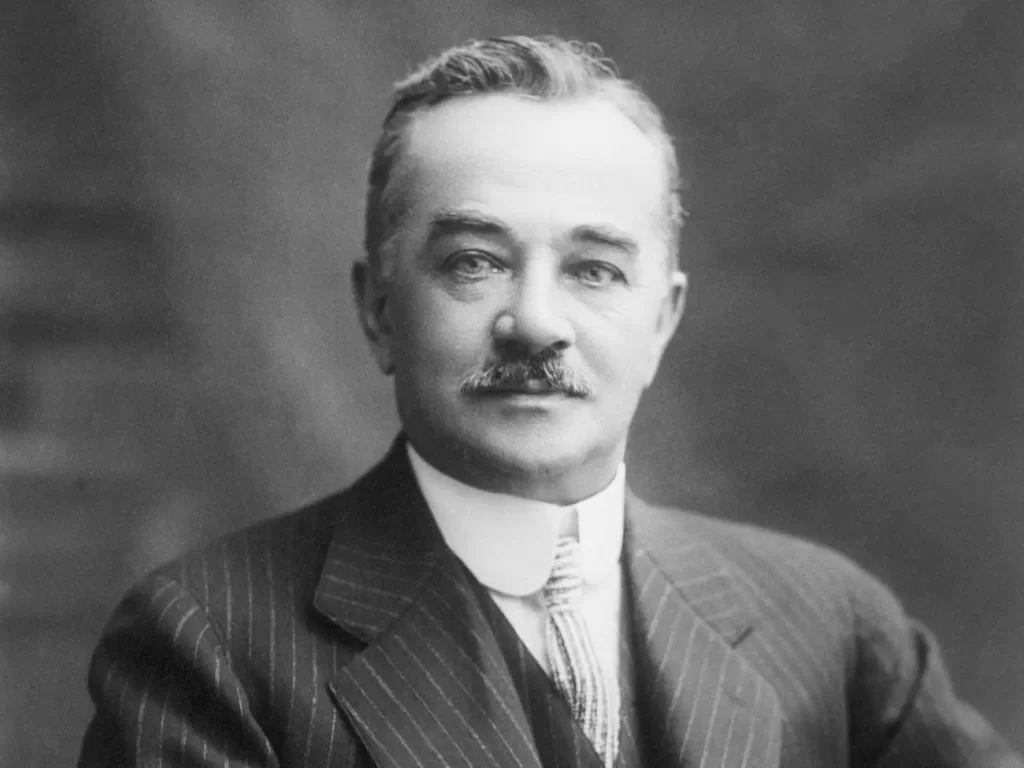
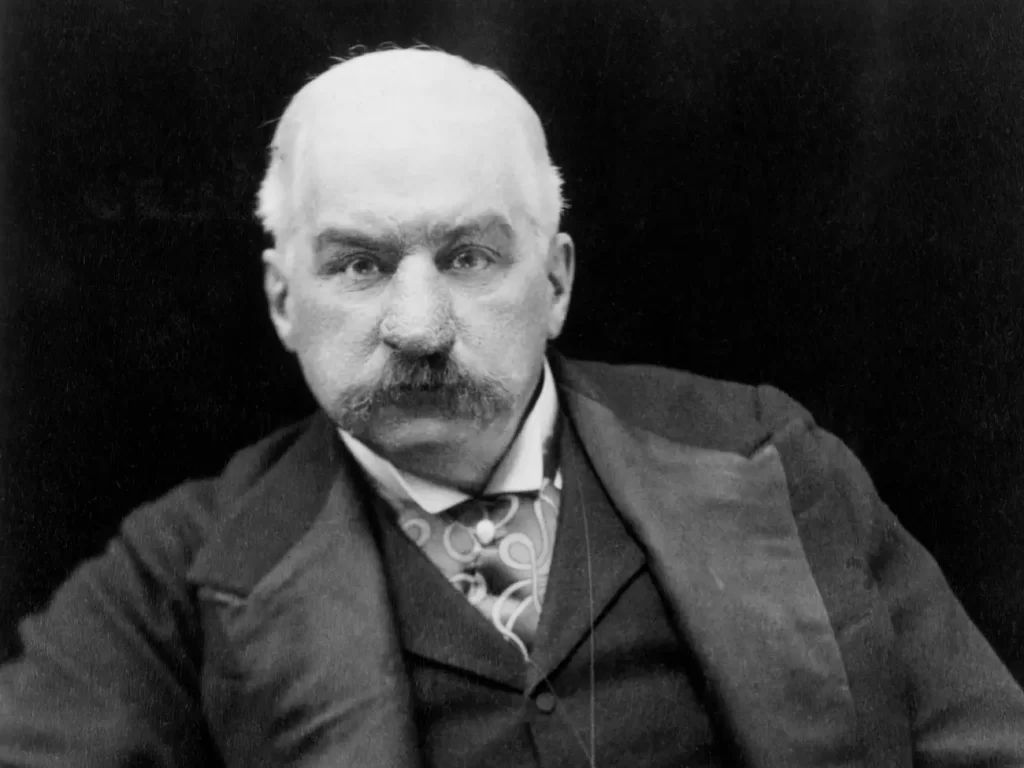
In 1912, when this ship made its debut, it astonished everyone, clearly surpassing the rumored magnitude. As it was the maiden voyage, many wealthy individuals and businessmen wished to board the ship to see it for themselves. However, the price of these tickets was exorbitant, making them virtually unattainable.
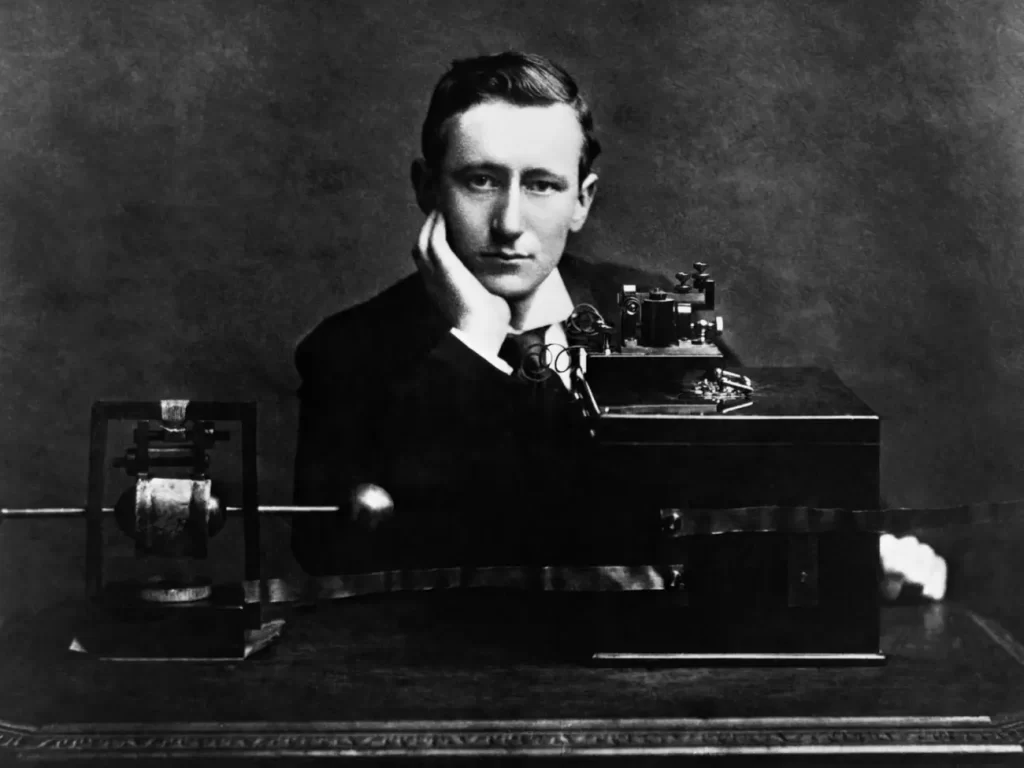
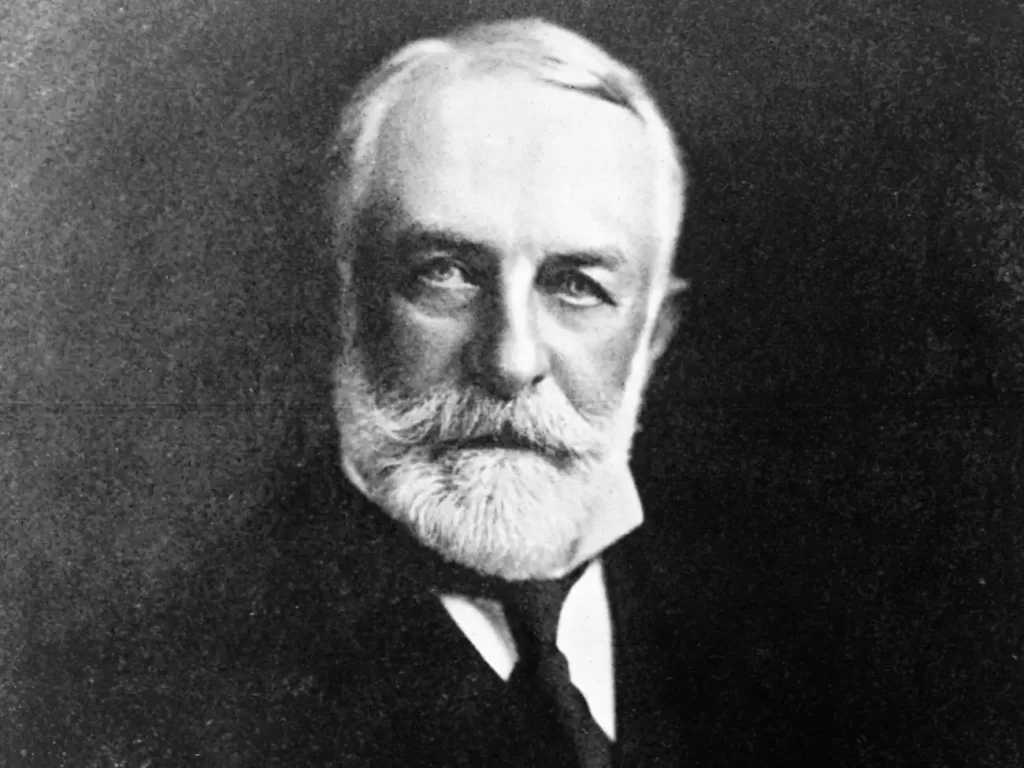
Some had already secured tickets through prearrangement, while others had purchased them at a high price, making them scarce commodities.
Onboard the ship were not only fabulously wealthy individuals but also those who could barely afford a meal. What could be the reason for this stark contrast?
This is the crux of the mystery surrounding why the eight top-tier billionaires did not board the Titanic before it set sail.
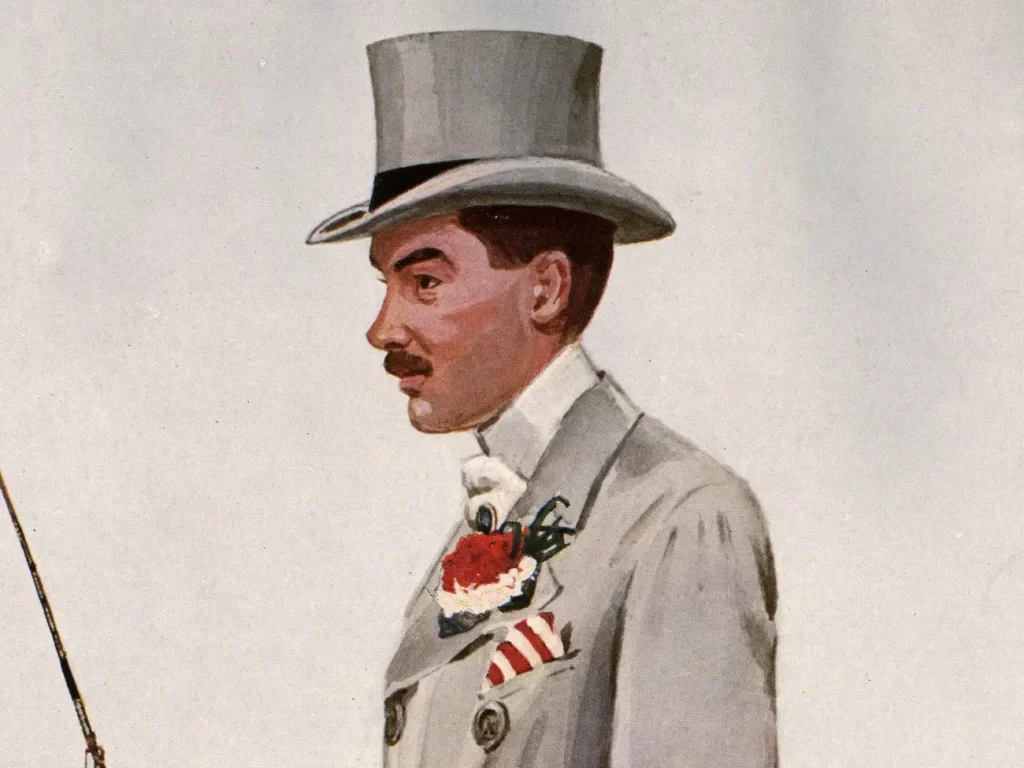
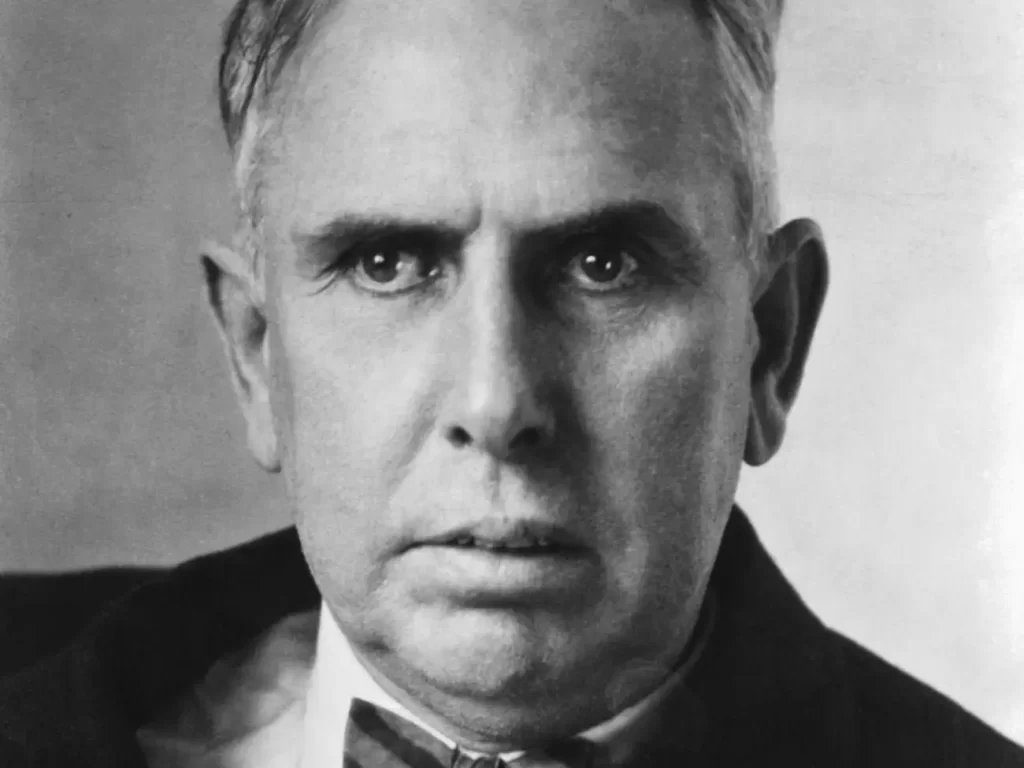
In the movie “Titanic,” the male protagonist Jack is a penniless artist who wins a ticket through gambling, securing his opportunity to board the ship.
Art imitates life, as it’s said, and indeed, gambling was a pastime embraced by the wealthy of that era. It was not uncommon for them to use tickets as chips in their wagers. Some, after losing money in the casinos, were eventually passed around by capitalists until the tickets ended up in the hands of those who couldn’t even afford a meal, who then considered the tickets as wages or payments.
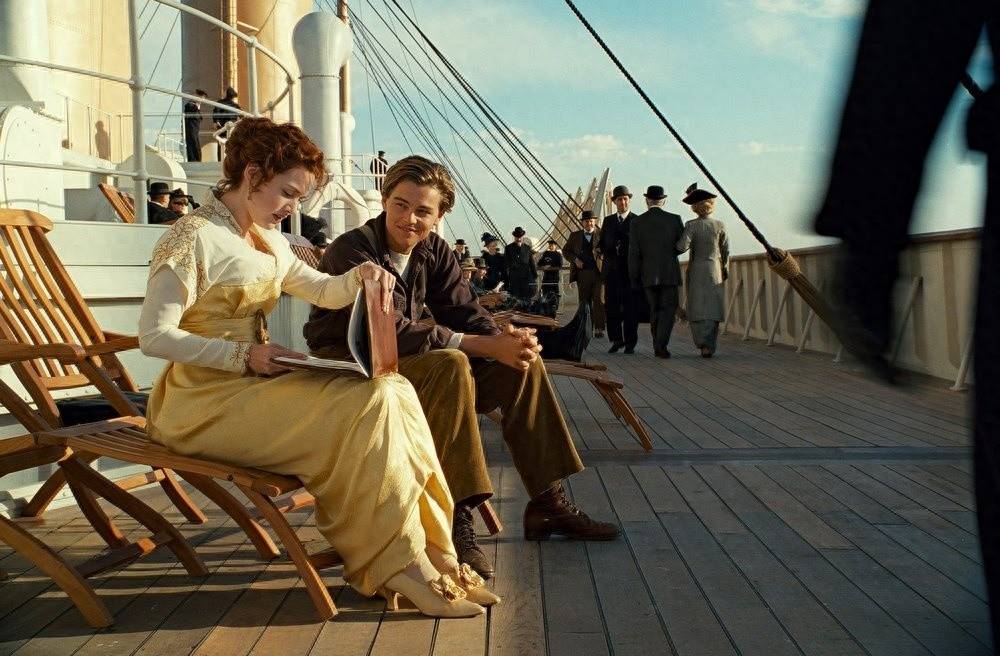
This vessel, touted as unsinkable, met with a colossal disaster on its maiden voyage when it struck an iceberg, causing the ship to break apart. The colossal vessel split into two halves, and countless lives perished as a result, regardless of their social status. They all rest eternally beneath the depths of the sea. In the face of nature’s power, human life is minuscule. Though humanity harbors ambitions of conquering nature, it remains unable to shake the fundamental forces of nature.
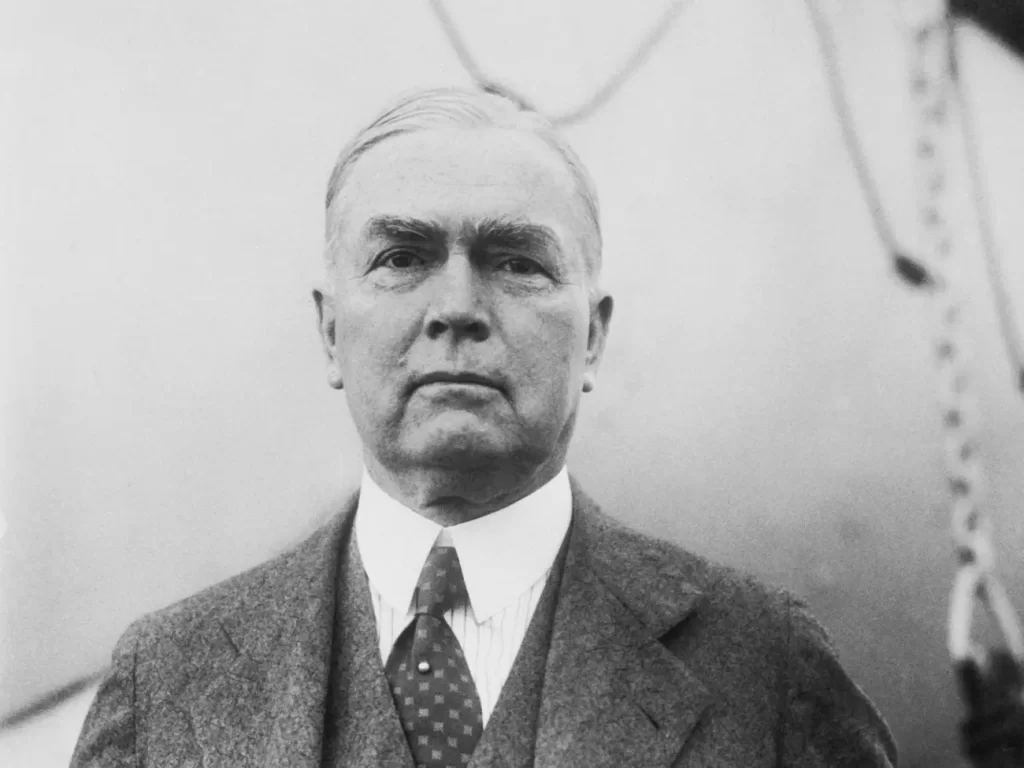

A total of 2,224 people, including crew members, boarded the ship, each carrying hopes and curiosity about life, seeking freedom and dreams. Whether due to the captain’s error or issues with the ship itself, 1,517 souls were lost at sea, their hopes extinguished, leaving over a thousand families shattered.
Moreover, the recovery of bodies proved exceedingly difficult, with only around 300 corpses recovered. The rest were scattered in the sea, mercilessly consumed by marine creatures, leaving lonely and desolate souls forever trapped in the dark and abyssal ocean depths, unable to see the light of day.
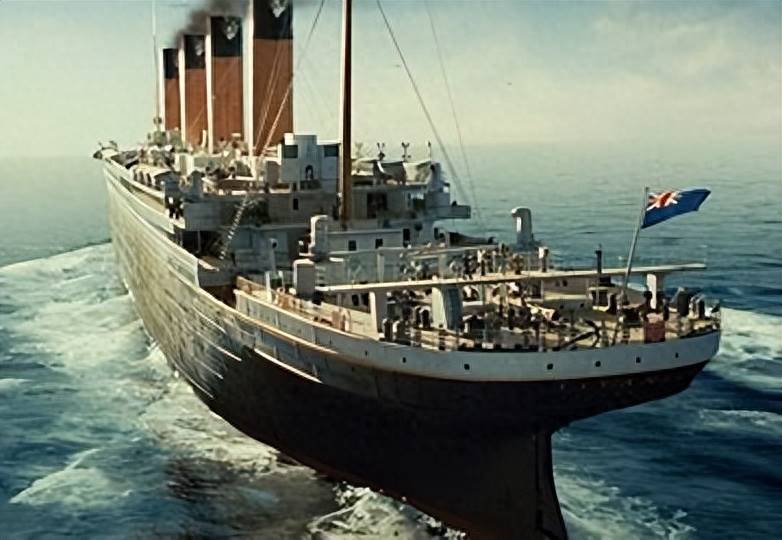
Meanwhile, the survivors floated on the cold ice surface. Given the frigid weather conditions and the collision with the iceberg, indicating low water temperatures and rapid freezing, one can imagine that prolonged immersion in icy water would quickly sap their body heat. Cold was the primary culprit in claiming their lives, along with the gradual loss of strength and other factors.
The tragedy is truly lamentable, but in the face of such natural obstacles, all we can do is pray and implement corresponding policies and measures to try to save as many lives as possible. Humanity is insignificantly small compared to the power of nature, which is beyond our comprehension.
There are also two top-tier billionaires, Morgan and Alfred, who can be described as carefree. They didn’t hold the voyage on the Titanic in high regard and weren’t particularly curious about it. Instead, they were more interested in some beautiful and charming scenery.
When they were getting ready to go to where the Titanic was located, the two of them spontaneously decided to take a trip to France a few days earlier. Little did they know, this short trip turned into a prolonged stay. They were deeply captivated by the enchanting sights of France and couldn’t help but marvel at how it was truly a vacation destination. They immediately decided not to proceed with the Titanic voyage and instead planned an extended trip to France, intending to thoroughly enjoy themselves there.
They simply indulged in various forms of travel, going wherever looked good and wherever felt enjoyable. All facilities and amenities were at their disposal for leisure. It was merely a matter of choosing whether to go or not.
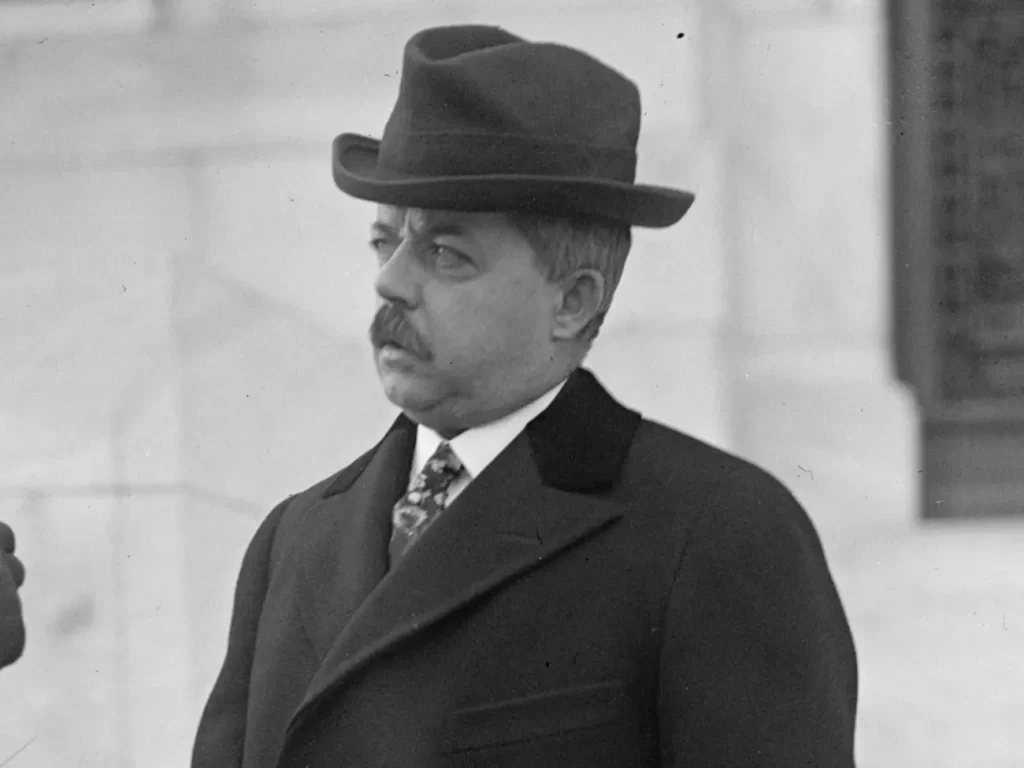
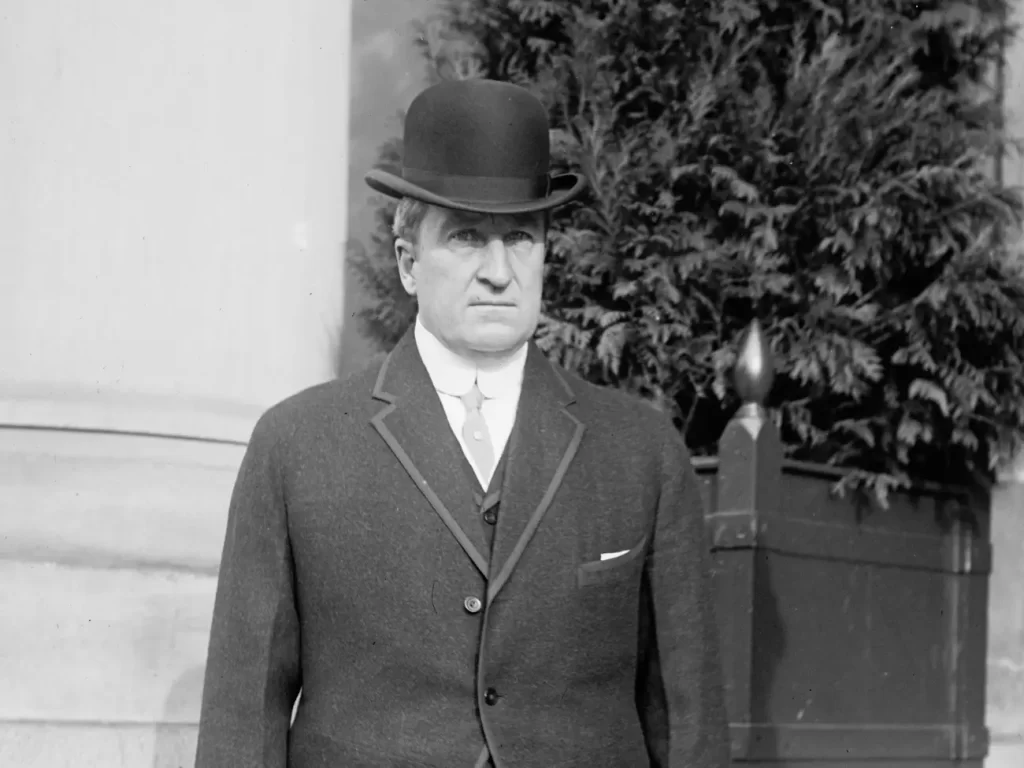
Their decision was very apt. If they had gone on the Titanic, they would have perished in the dark and profound depths of the ocean.
The third billionaire is the inventor Marco N., who hails from Italy. Marco is somewhat arrogant and shy, not inclined to interact with others, with poor social skills. This also contributed to his decision not to board the Titanic. Marco’s invention of wireless radio was a world-changing invention, so a certain degree of pride is understandable.
After he became famous worldwide, officials were aware of his reputation, so they sent him two tickets to invite him to board the ship and enjoy the scenery.
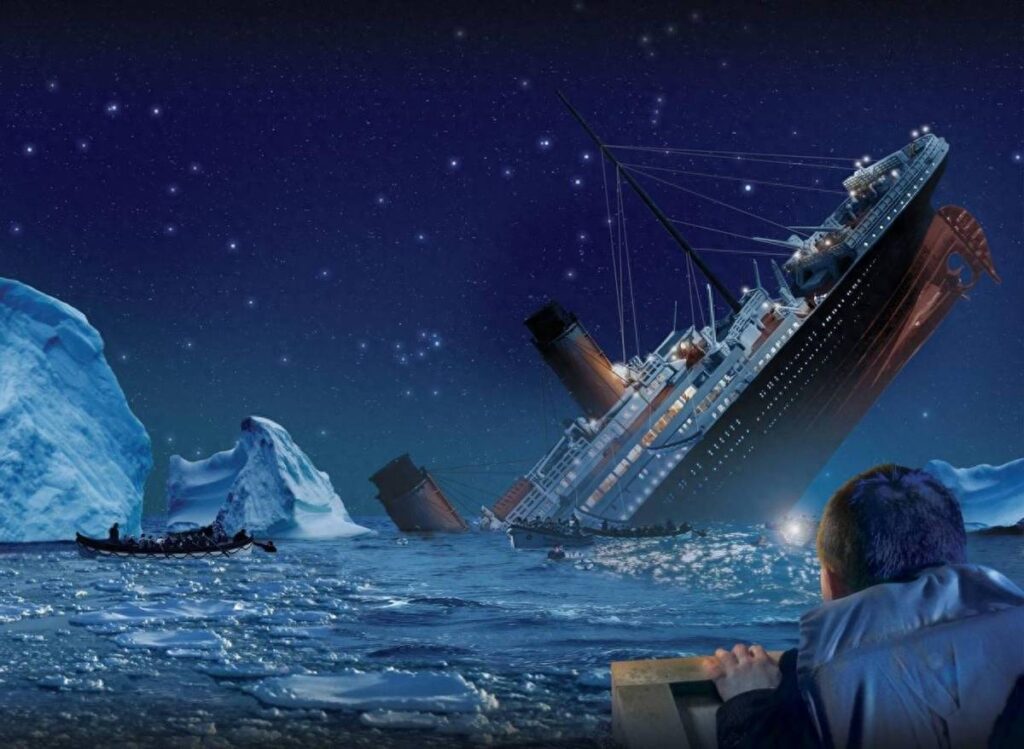
He was invited to the United States for a seminar, conveniently coinciding with the Titanic’s itinerary to arrive in the US. He intended to stop by on the way. However, we know Marco is extremely proud.
Before boarding the ship, he pondered for a long time. He knew his own reputation, and perhaps many people now knew of him. Moreover, there were many influential and wealthy people on the ship, which would inevitably lead to noisy conversations. Given his personality, he wouldn’t be able to handle such social interactions. He wasn’t adept at socializing, and if he inadvertently offended someone, he would have to go to great lengths to explain himself, inevitably leading to waves of trouble.
After careful consideration, he decided to cancel this trip and instead charter an ordinary ship to sail to the United States. This decision undoubtedly saved his life and spared him from unnecessary trouble.
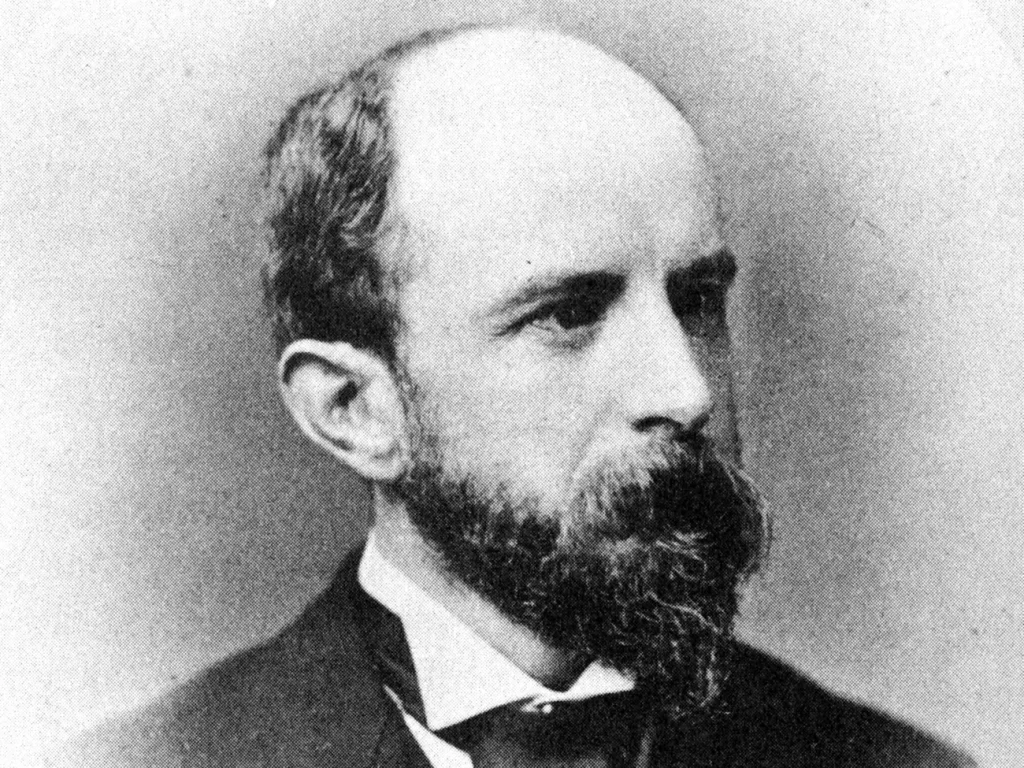
He was invited to the United States for a seminar, conveniently coinciding with the Titanic’s itinerary to arrive in the US. He intended to stop by on the way. However, we know Marco is extremely proud.
Before boarding the ship, he pondered for a long time. He knew his own reputation, and perhaps many people now knew of him. Moreover, there were many influential and wealthy people on the ship, which would inevitably lead to noisy conversations. Given his personality, he wouldn’t be able to handle such social interactions. He wasn’t adept at socializing, and if he inadvertently offended someone, he would have to go to great lengths to explain himself, inevitably leading to waves of trouble.
After careful consideration, he decided to cancel this trip and instead charter an ordinary ship to sail to the United States. This decision undoubtedly saved his life and spared him from unnecessary trouble.
Renowned writer Dreiser once sought inspiration by planning to board the Titanic. He was facing a creative block at the time and thought that witnessing such a grand industrial marvel might suddenly spark his inspiration or provide significant assistance to his work.
So, upon hearing of the Titanic’s existence, he eagerly bought a ticket. However, just as he was about to board, the publishing house required him to stay in England to discuss copyright issues. Unfortunately, he had no choice but to remain there, missing out on the voyage.
After the Titanic disaster, he couldn’t help but reflect. How fortunate he was! Otherwise, his face might have been among those posted on the missing person notices.
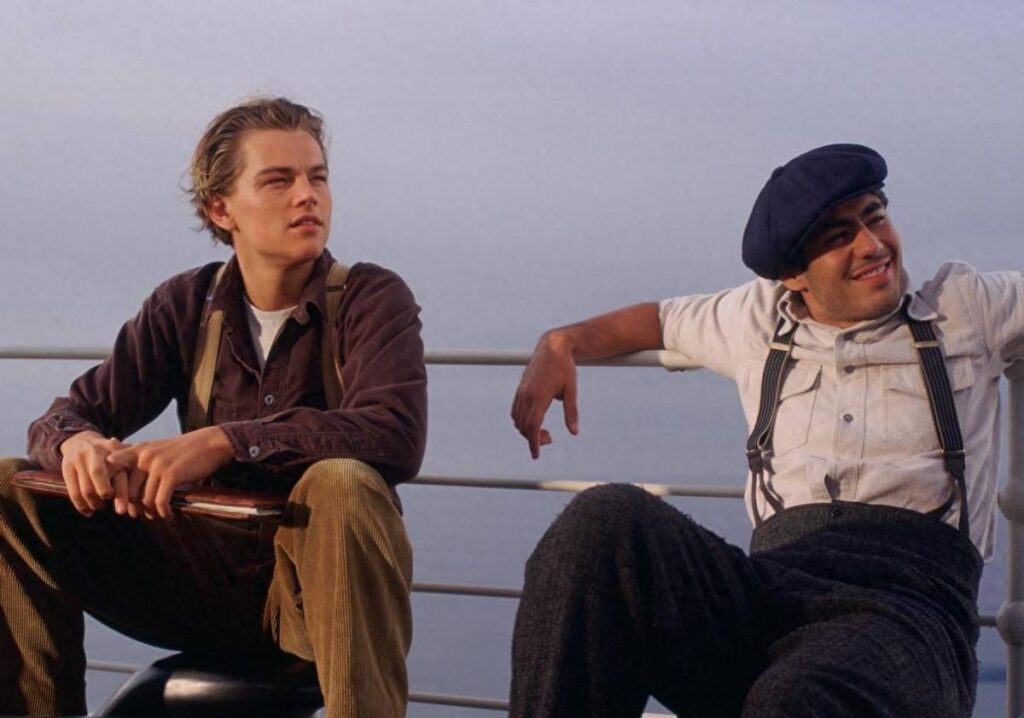
“The old man lost his horse, how do you know it’s not a blessing?” Sometimes losing something may not be a bad thing. It could be a kind of fortune. We should look at the problem from another perspective. Perhaps the problem is not necessarily a bad thing in other aspects. Buying a ticket for the top-tier cabins of the Titanic, the eight wealthy individuals, did not board the ship before it sailed. It can be responsibly stated that they successfully escaped the disaster. Losing a ticket or not boarding the ship may seem like a bad thing, but looking at it the other way around, it’s also a stroke of luck. At least they survived this enormous calamity. Without life, they would have lost everything. It can be said that they were extremely fortunate, even divinely favored. How could one not marvel at that?
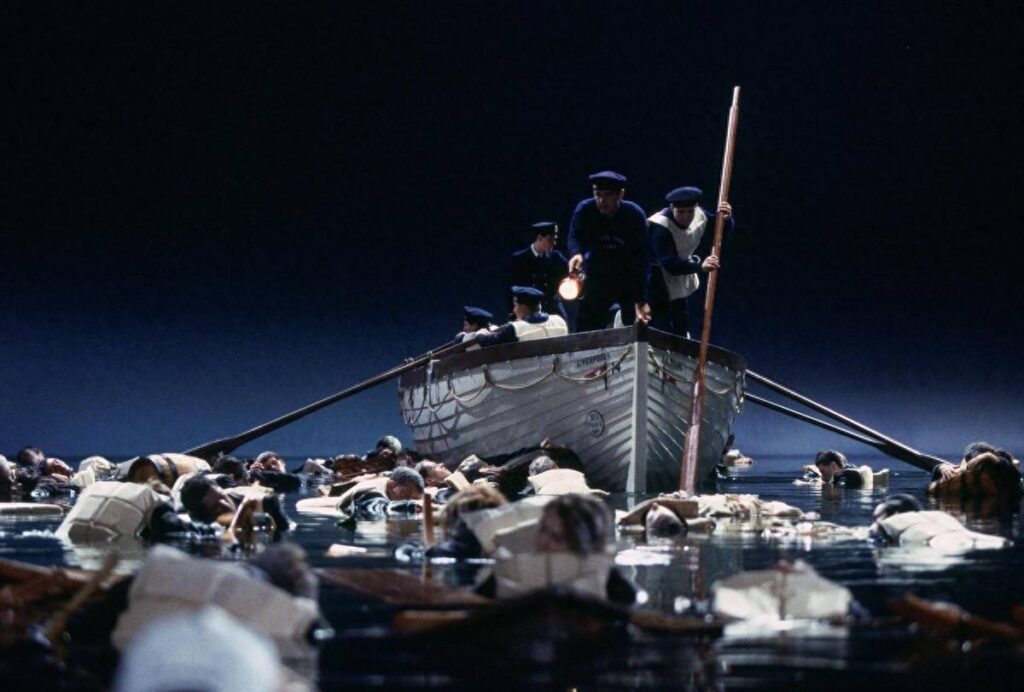
A century has passed, never to return. “The old man lost his horse, how do you know it’s not a blessing?” Although these wealthy individuals were fortunate enough to escape this disaster, the majority of those on the ship sank into the dark and silent ocean. All we can do is try to minimize the occurrence of such accidents, make accurate judgments before taking any action, and prioritize safety. Considering all factors comprehensively can ensure our safety to the greatest extent possible. Although the Titanic has now sunk at the bottom of the sea, never to see the light of day again, we still lament the events of the past, lamenting the fragility of life and the mercilessness of nature.





